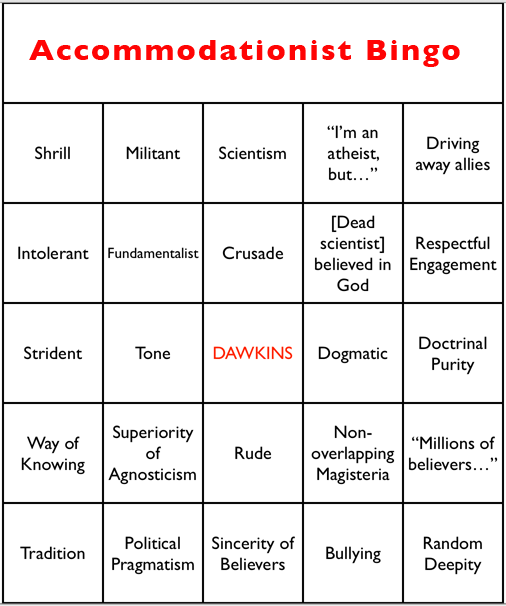Well, it’s time for my usual wild night of partying…oh, wait. I never do that.
My wife is out at a neighbor’s party, while I’m sitting at home, nursing a painful tendinitis flare-up, and drinking…tea. Sorry, image. I’ll probably just read for a while, and if I’m feeling rambunctious, I might have a wee glass of wine before bed. Or maybe not.
I really can’t get overly excited about rolling over a calendar.
So, what are you fashionable and exciting people doing tonight?








